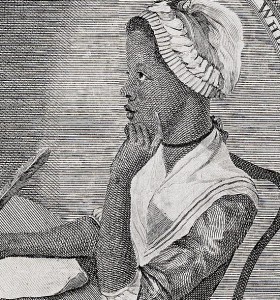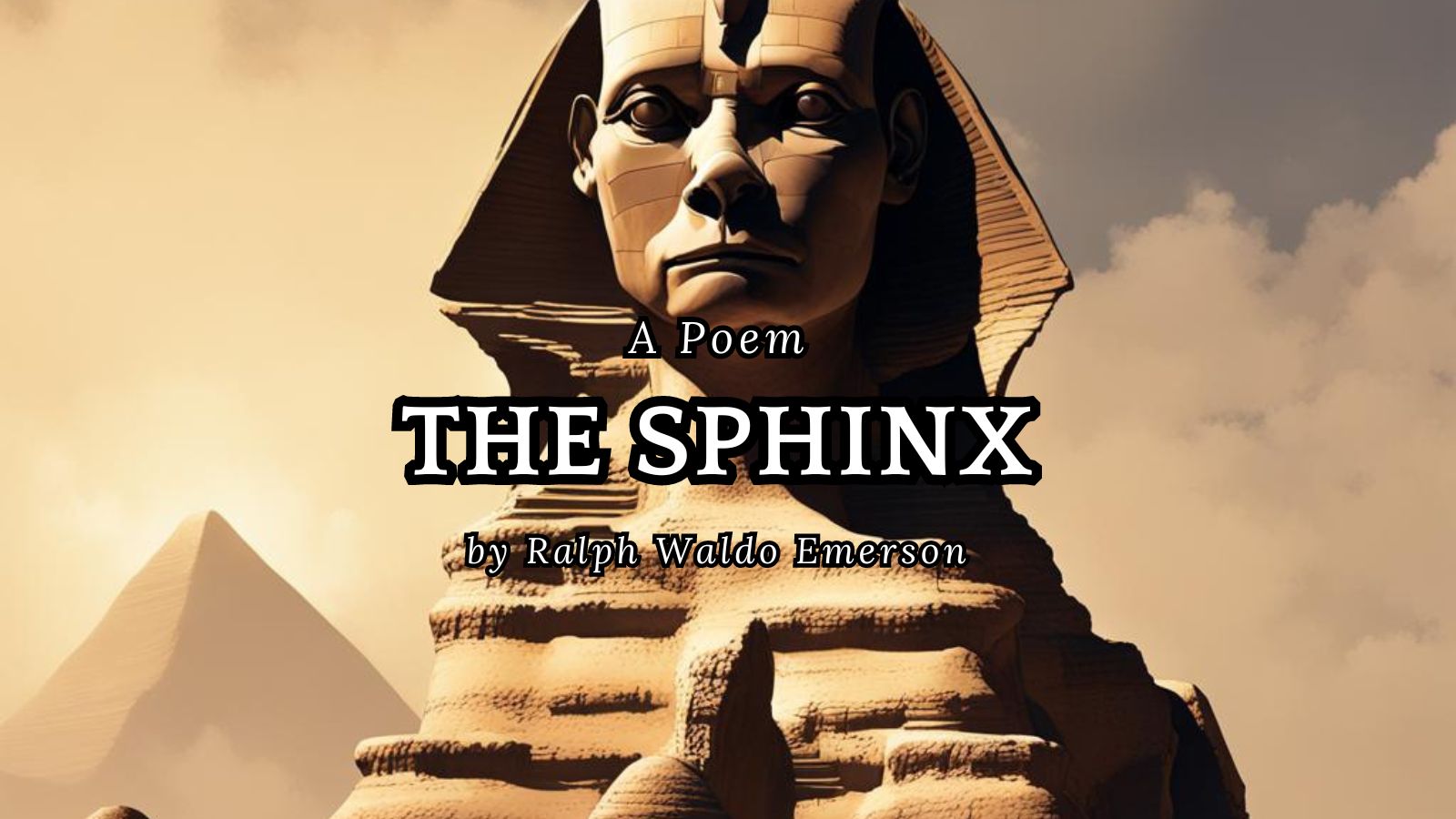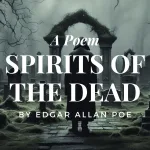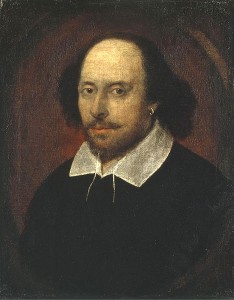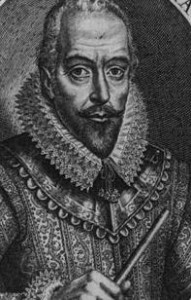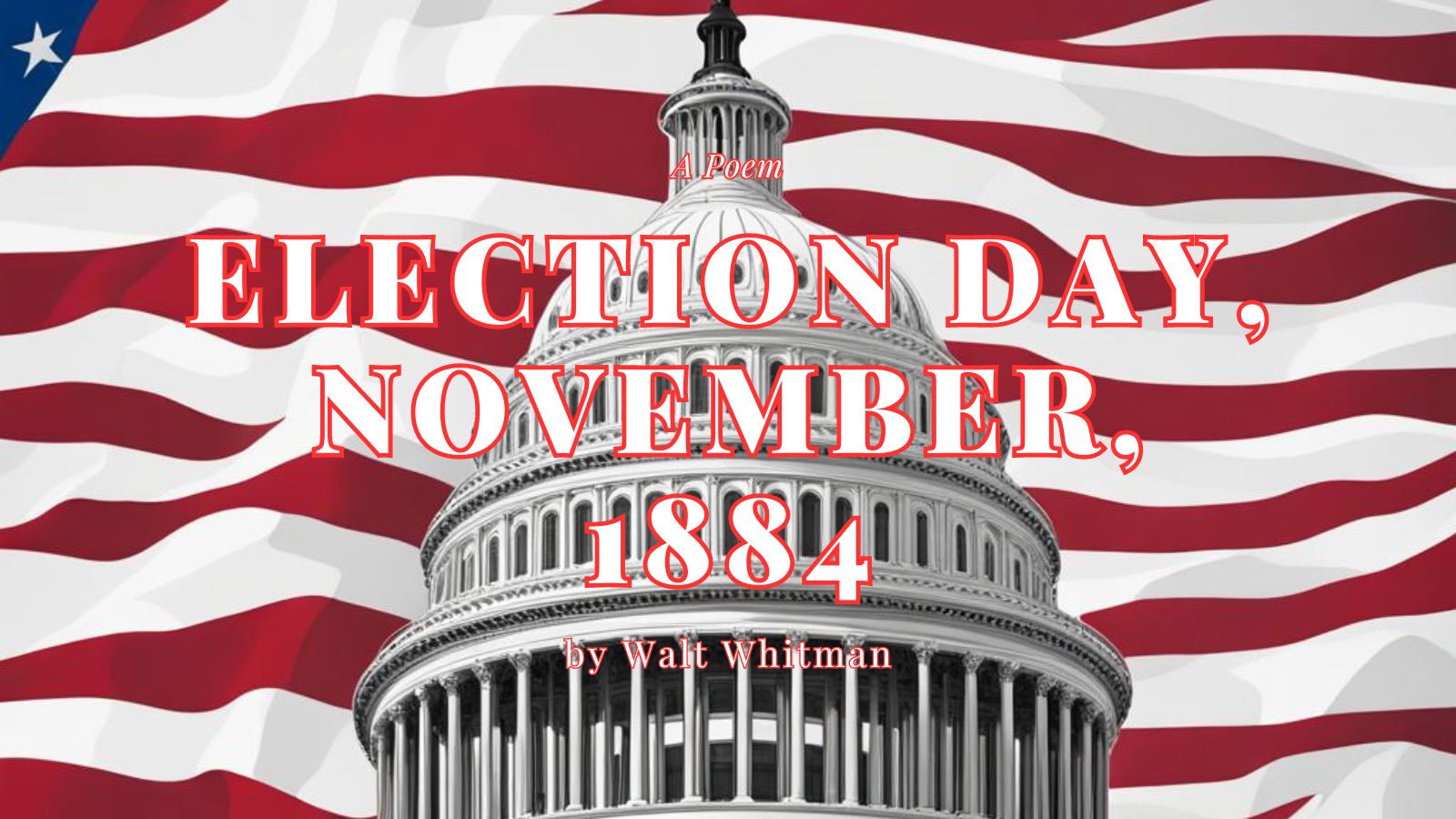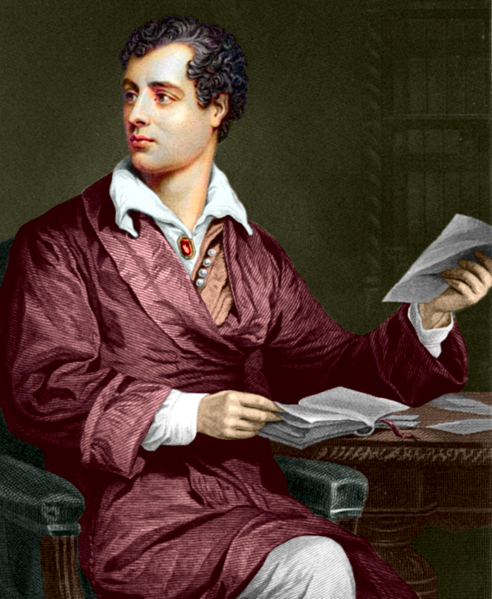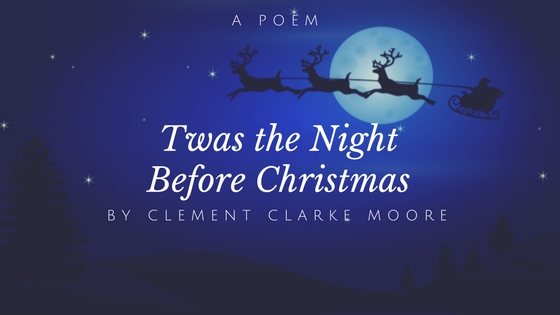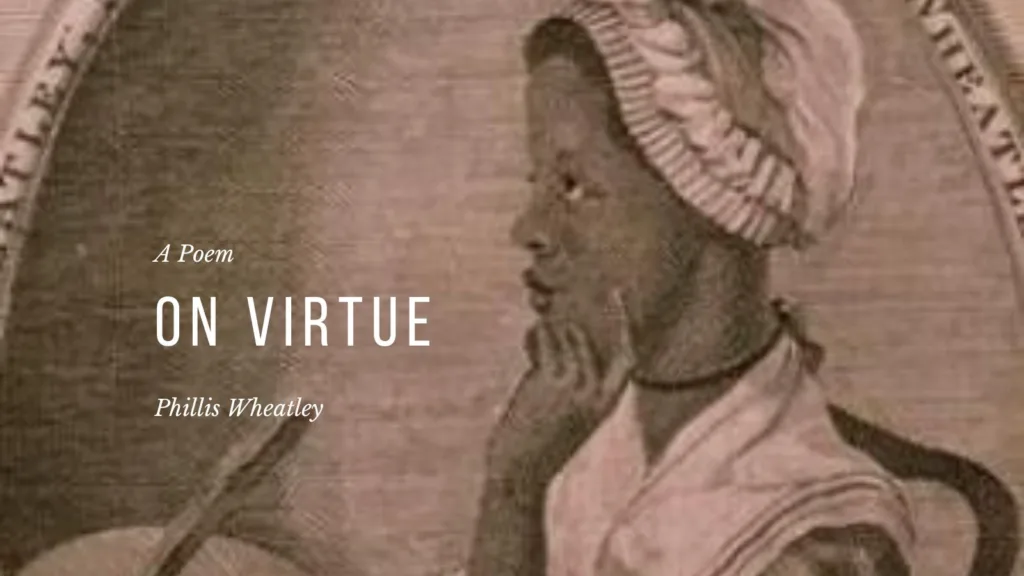
Introduction to “On Virtue”
“On Virtue” stands as one of Phillis Wheatley’s most profound contemplations on spiritual guidance and moral elevation. Written in the neoclassical style that characterized her work, this poem was crafted by America’s first published Black poet during a time when her very humanity was questioned by the society around her.
In these eloquent verses, Wheatley explores the tension between human intellectual limitations and divine wisdom. The poem begins with a humble admission of the impossibility of fully comprehending heavenly knowledge, yet quickly turns toward hope as the poet envisions virtue as a benevolent presence hovering nearby, ready to guide the willing soul.
Through her masterful imagery and elevated diction, Wheatley creates a moving appeal for spiritual guidance through life’s journey, revealing her deep faith and philosophical depth. As we read “On Virtue,” we witness a remarkable mind seeking transcendence beyond the brutal constraints of her enslaved condition, reaching toward eternal truths that surpass temporal suffering.
On Virtue by Phillis Wheatly
O Thou bright jewel in my aim I strive
To comprehend thee. Thine own words declare
Wisdom is higher than a fool can reach.
I cease to wonder, and no more attempt
Thine height t’ explore, or fathom thy profound.
But, O my soul, sink not into despair,
Virtue is near thee, and with gentle hand
Would now embrace thee, hovers o’er thine head.
Fain would the heav’n-born soul with her converse,
Then seek, then court her for her promis’d bliss.
Auspicious queen, thine heav’nly pinions spread,
And lead celestial Chastity along;
Lo! now her sacred retinue descends,
Array’d in glory from the orbs above.
Attend me, Virtue, thro’ my youthful years!
O leave me not to the false joys of time!
But guide my steps to endless life and bliss.
Greatness, or Goodness, say what I shall call thee,
To give me an higher appellation still,
Teach me a better strain, a nobler lay,
O thou, enthron’d with Cherubs in the realms of day.
Analysis of “On Virtue” by Phillis Wheatley
Phillis Wheatley’s “On Virtue” is a complex meditation on wisdom, spiritual guidance, and human limitation that reveals both her exceptional classical education and her deeply personal religious convictions.
Structure and Form
The poem follows a fairly traditional structure with iambic pentameter and heroic couplets, reflecting Wheatley’s immersion in neoclassical poetic traditions. This adherence to European literary conventions was strategic for Wheatley, as it demonstrated her intellectual capabilities at a time when enslaved Africans were widely considered incapable of sophisticated thought or artistic creation.
Thematic Analysis
The poem opens with an acknowledgment of intellectual humility: “To comprehend thee. Thine own words declare / Wisdom is higher than a fool can reach.” Here, Wheatley establishes the central tension of the work—the gap between human understanding and divine wisdom. This admission of limitation is not presented as defeat but rather as a necessary recognition before spiritual growth can occur.
In the lines “I cease to wonder, and no more attempt / Thine height t’ explore, or fathom thy profound,” we see the poet accepting human constraints. However, this acceptance immediately gives way to hope: “But, O my soul, sink not into despair, / Virtue is near thee, and with gentle hand / Would now embrace thee, hovers o’er thine head.”
Virtue is personified as a heavenly guide with “pinions spread,” leading “celestial Chastity along.” This personification transforms abstract moral concepts into tangible presences that can actively intervene in human life. The “sacred retinue” descending “in glory from the orbs above” creates a vivid image of divine assistance becoming accessible to mortals who seek it.
Biographical Context
The poem takes on deeper resonance when considered alongside Wheatley’s life circumstances. As an enslaved woman writing in colonial America, her appeal to virtue as a guide “thro’ my youthful years” and her rejection of the “false joys of time” can be read as a spiritual transcendence of her physical bondage. Her plea for guidance toward “endless life and bliss” suggests a vision of freedom that transcends earthly limitations.
Religious and Philosophical Elements
The final lines—”Greatness, or Goodness, say what I shall call thee, / To give me an higher appellation still, / Teach me a better strain, a nobler lay, / O thou, enthron’d with Cherubs in the realms of day”—reveal Wheatley’s deep Christian faith while also engaging with Enlightenment ideals about virtue and moral elevation. The reference to cherubs and “realms of day” draws on Christian imagery, while the request for a “better strain” and “nobler lay” reflects the poet’s awareness of her own voice and artistic development.
Literary Significance
What makes “On Virtue” particularly remarkable is Wheatley’s ability to navigate multiple traditions simultaneously. She employs classical poetic forms and biblical allusions while expressing deeply personal spiritual yearnings, all while writing from a position of social marginalization that would typically have silenced her voice entirely.
The poem ultimately presents virtue not just as moral correctness but as an active force that can guide, elevate, and transform the human soul—offering a path to transcendence that remains relevant to readers across centuries and circumstances.
Historical and Cultural Importance
“On Virtue” stands as a landmark in American literary history for several compelling reasons. As a work by America’s first published Black poet, the poem challenged prevailing racist assumptions about African intellectual capacity during a period when such prejudices were used to justify slavery. When Wheatley’s collection “Poems on Various Subjects, Religious and Moral” was published in 1773, her authenticity was so doubted that she had to defend her authorship before a committee of 18 prominent Boston men who subsequently attested to her abilities.
The poem’s importance extends beyond its role in challenging racial prejudice. It represents an early and significant contribution to American literature during its formative period, helping to establish a distinctly American poetic voice that incorporated both European traditions and new perspectives. Wheatley’s work bridged African spiritual sensibilities with Western literary conventions, creating a unique fusion that would influence generations of American writers.
Literary Influence and Legacy
Wheatley’s “On Virtue” has influenced subsequent generations of writers in several ways:
- For Black American poets from Jupiter Hammon to Rita Dove, Wheatley’s work provided both inspiration and validation, establishing a literary precedent that helped create space for Black voices in American letters.
- Her fusion of religious themes with philosophical inquiry influenced the development of American transcendentalism and spiritual writing.
- The poem’s exploration of virtue as a guiding force echoes through later American literature’s preoccupation with moral questions and spiritual seeking.
- Her technical accomplishment in mastering European poetic forms while infusing them with her unique perspective established a model of literary adaptation that later writers would follow.
Contemporary scholars recognize “On Virtue” as not merely an impressive achievement by an enslaved poet but as a sophisticated literary work that engages meaningfully with philosophical traditions while offering insights that remain relevant across historical periods. The poem’s enduring importance lies in how it demonstrates the power of literature to transcend social limitations and speak to universal human concerns about virtue, wisdom, and spiritual guidance.
Phillis Wheatley: A Brief Biography
Phillis Wheatley (c. 1753-1784) was the first published African American poet and one of the most renowned literary figures of early America. Born in West Africa, likely in present-day Senegal or Gambia, she was kidnapped and transported to Boston aboard a slave ship called “The Phillis” at approximately seven years of age.
In Boston, she was purchased by John and Susanna Wheatley, a wealthy merchant family who named her after the ship that brought her to America. Unlike most enslaved people, Phillis received an unusual education for her time. The Wheatleys’ daughter Mary taught her to read and write English, and Phillis quickly demonstrated extraordinary talent, learning Latin and studying the Bible, astronomy, geography, history, and the works of classical poets.
By age 12, she was writing her own poetry, and at 18, she published her first poem. In 1773, her collection “Poems on Various Subjects, Religious and Moral” was published in London, making her the first African American and one of the first women in America to publish a book of poems. The publication required the attestation of 18 prominent Boston men to verify that she was indeed the author, as many doubted an enslaved African could produce such sophisticated work.
After the deaths of her masters and amidst the turmoil of the American Revolution, Wheatley was legally freed. She married John Peters, a free Black man, in 1778. Despite her literary achievements, her later years were marked by poverty and hardship. She continued to write but struggled to publish a second volume of poetry due to financial constraints and changing public interests.
Phillis Wheatley died in December 1784 at about 31 years of age in Boston, following the death of her infant child. Despite her brief life, her legacy as a pioneering voice in American literature endures, her work standing as testimony to her remarkable intellect and artistic vision despite the severe constraints of slavery and racial prejudice.
Further Reading
For those interested in exploring Phillis Wheatley’s work and legacy more deeply:
- “Complete Writings” by Phillis Wheatley (2001), edited by Vincent Carretta – The most comprehensive collection of her poetry and letters.
- “Phillis Wheatley: Biography of a Genius in Bondage” by Vincent Carretta (2011) – A thorough scholarly biography examining her life and literary contributions.
- “New Essays on Phillis Wheatley” edited by John C. Shields and Eric D. Lamore (2011) – Contemporary critical perspectives on her work.
- “The Trials of Phillis Wheatley: America’s First Black Poet and Her Encounters with the Founding Fathers” by Henry Louis Gates Jr. (2003) – Explores her relationship with key historical figures and her significance in early American literature.
- “Phillis Wheatley and the Romantics” by John C. Shields (2010) – Examines her influence on later Romantic poets and her place in literary history.
